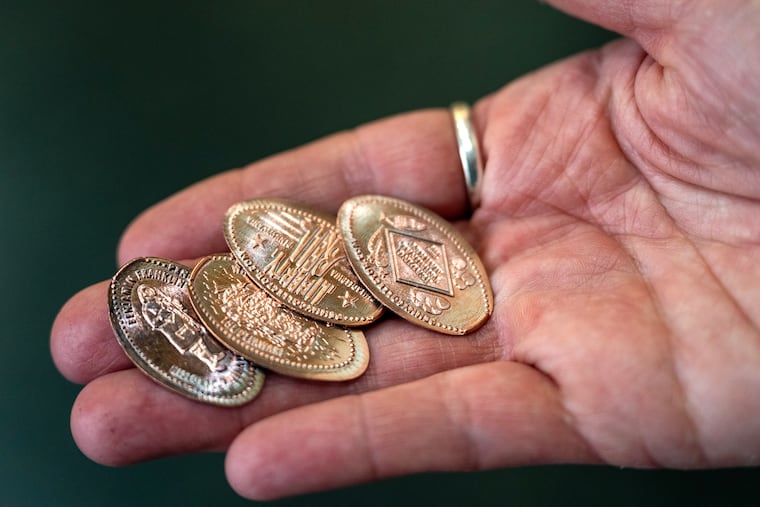Trump family receives cryptocurrency payments on Fifth Avenue amidst growing concerns.
In a striking demonstration of the intersection between business interests and political influence, Javier Selgas, a Mexican trucking logistics executive, has made headlines with a significant investment in cryptocurrency associated with former President Donald Trump. Selgas, who serves as the CEO of Freight Technologies Inc., recently announced a purchase of million in the $TRUMP memecoin. This transaction, characterized as politically strategic, seeks to gain leverage in lobbying efforts concerning tariffs that affect cross-border trade between the United States and Mexico.
Selgas’s investment highlights the burgeoning role of cryptocurrencies in political advocacy, with the purpose explicitly stated in regulatory filings submitted to the U.S. Securities and Exchange Commission. By aligning his firm’s financial interests with the Trump brand, Selgas is not only investing in a speculative digital asset but also attempting to ensure that his business remains responsive to U.S. trade policies.
The implications of this investment are profound. The $TRUMP memecoin ostensibly embodies loyalty to Trump’s brand, featuring imagery tied to the former president’s persona. With invitations extended to the top holders of this cryptocurrency, including Selgas, to an exclusive dinner event alongside Trump, the dynamics of political access in America appear increasingly transactional. Selgas is poised to directly engage with the former president, potentially discussing relief from tariffs imposed on Mexican imports that have impacted his business operations.
The scenario raises significant ethical questions about the influence of wealth in shaping political discourse and policy. Critics argue that this transaction exemplifies a radical departure from traditional political norms, comparing it to historical instances of foreign influence on American politics. Any American citizen, in contrast, who cannot match the financial clout necessary for such access remains distanced from critical discussions that affect their livelihoods.
The situation becomes even more complex when considering other recent foreign investments in Trump-related ventures, including a substantial billion investment in a cryptocurrency initiative backed by an Abu Dhabi oil entity. These developments contribute to growing concerns about the blurred lines between governance and commercial enterprise, particularly in the context of Trump’s administration, which has seen a remarkably commoditized approach to political influence.
Critical scrutiny of these transactions has proliferated, with watchdog organizations highlighting the potential for systemic corruption. As the financial landscapes intertwine with political power, the ramifications for American democracy, regulatory frameworks, and public trust are profound and alarming.
While investigative journalism continues to uncover the breadth of these activities, many observers find themselves questioning the broader implications of a system where access to political leaders can be effectively auctioned off to the highest bidder. As political norms evolve amidst these developments, the call for clarity in the relationship between cryptocurrency and political finance grows louder, suggesting that without decisive action, the integrity of the American political system may be irrevocably compromised.
Observers will now be watching closely as related regulations are considered, hopeful for policy solutions that could address the emerging complexities of digital influence. The result could define the future landscape of political financing in America and restore some semblance of accountability.
Media News Source







